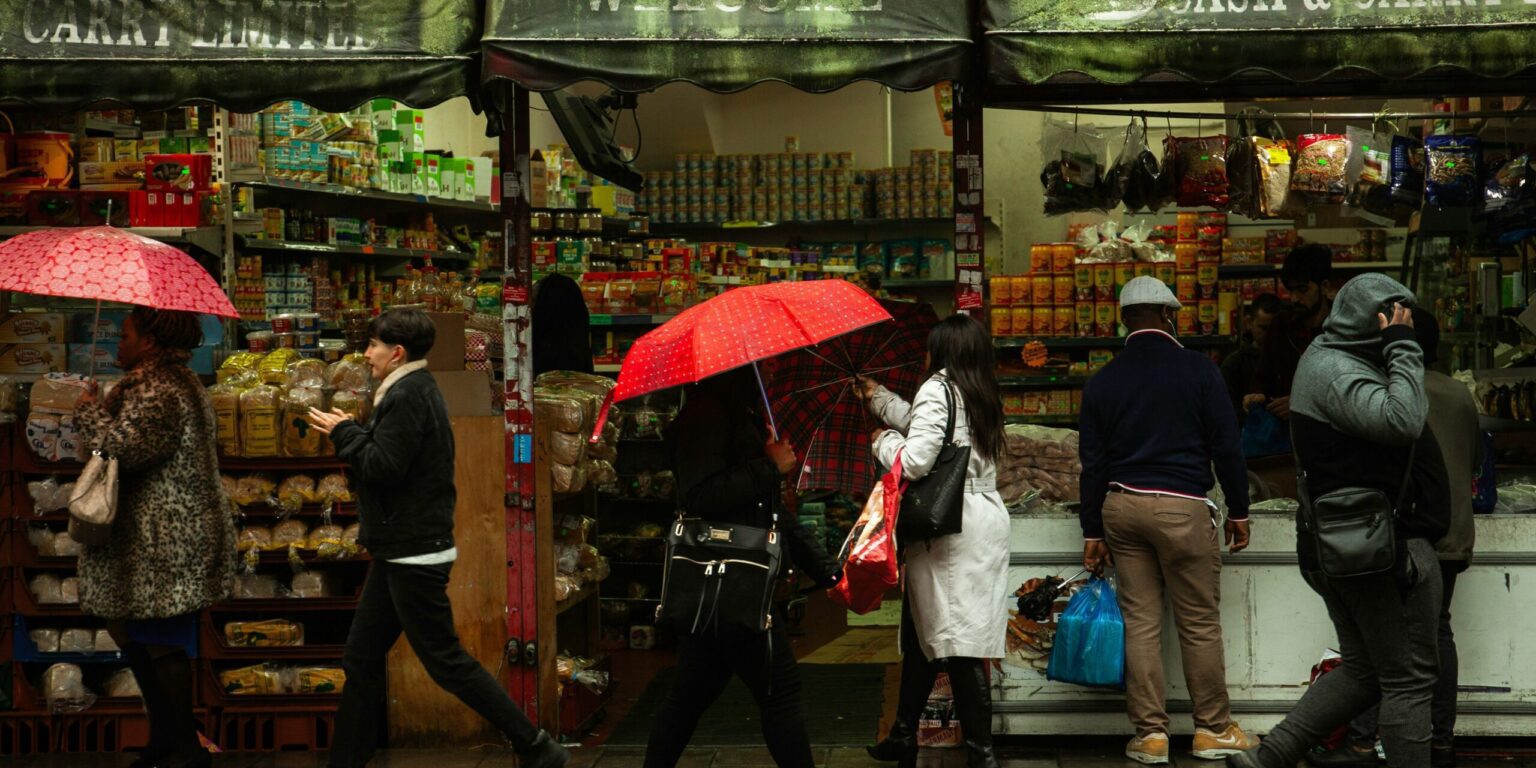A significant weather system swept through the Mid-Atlantic region over Father’s Day weekend, bringing heavy rains and thunderstorms that disrupted outdoor activities and potentially impacted retail sales. Retailers had anticipated a boost in sales due to Father’s Day promotions, but the inclement weather may have deterred shoppers from visiting stores, leading to concerns about meeting sales targets for the weekend.
The storm system delivered heavy, intermittent rain and high humidity across the region, with rainfall totals reaching 1-2 inches from Pennsylvania to Georgia. High dew points in the 60s and 70s, combined with temperatures in the 80s and 90s, generated scattered afternoon thunderstorms, some of which became severe with risks of hail and damaging winds.
Retailers had placed considerable hope in the Father’s Day weekend to drive foot traffic and spur spending. Seasonal promotions and limited-time discounts had been rolled out by both national chains and small businesses. Traditionally, Father’s Day weekend is considered a valuable retail opportunity, as families shop for gifts, plan outings, and dine out. However, the deluge that blanketed much of the region disrupted these plans.
“We were expecting strong in-store traffic this weekend,” said one store manager at a popular department store in northern Virginia. “Instead, we saw far fewer people coming in, especially during the heaviest downpours.”
Outdoor venues, shopping centers, and local events also suffered reduced attendance. Art fairs, farmers markets, and open-air concerts experienced cancellations or delays, curbing opportunities for spontaneous purchases. For businesses relying heavily on foot traffic and impulse buys, the loss was particularly noticeable.
Restaurants were not spared either. Many had scheduled special Father’s Day menus and extended hours. Outdoor seating areas, normally a major draw in June, were left largely unused. “It was tough,” said a restaurant owner in downtown Baltimore. “We had staff ready and tables reserved, but the storm kept people away.”
The impact was not uniform, however. Retailers with robust e-commerce platforms fared better, benefiting from customers who opted to shop online instead of braving the weather. Curbside pickup and same-day delivery services saw upticks, as consumers sought convenience without exposure to the elements.
Still, weather-sensitive sectors such as apparel, sporting goods, and outdoor equipment reported lower sales than projected. These categories typically enjoy a seasonal spike in the days leading up to Father’s Day, fueled by last-minute gift-buying. The storm disrupted this trend.
Retail analysts warn that a single weekend’s downturn may not significantly alter quarterly performance, but it can influence short-term strategies. Promotions may be extended, and some businesses may introduce make-up sales or offer discounts to clear excess inventory.
Weather-related disruptions are not uncommon in retail, yet their effects vary depending on timing, severity, and business preparedness. Events like these underscore the importance of flexibility in retail operations. Advanced weather tracking, agile marketing strategies, and diversified sales channels can help retailers manage such uncertainties.
The storm also prompted renewed discussion about infrastructure resilience. Flooded streets and power outages in some areas added logistical complications for both businesses and shoppers. Several shopping centers reported brief closures due to flash flooding, and delivery routes were altered or delayed.
As the broader economic environment remains in flux, with fluctuating consumer confidence and shifting spending habits, retailers are adapting to a landscape increasingly shaped by external forces like weather. The lessons from this Father’s Day weekend may inform future planning for major retail events throughout the summer.
Local officials and business groups have already begun evaluating the weekend’s economic impact. Some chambers of commerce have initiated surveys to assess business losses and identify support needs. Others are encouraging residents to continue supporting local businesses in the days ahead.
Community resilience was also on display. In several towns, despite the rain, families celebrated indoors, supporting local bakeries, florists, and entertainment venues. Social media was filled with images of home-cooked meals, handcrafted gifts, and DIY activities, highlighting a shift toward more intimate celebrations when weather throws plans off course.
Looking ahead, meteorologists warn that the 2025 summer season could bring more frequent and intense weather events. Retailers and consumers alike are advised to stay informed and prepared.
As businesses tally their figures from the weekend, the enduring lesson remains clear: adaptability is not just beneficial—it’s essential.
